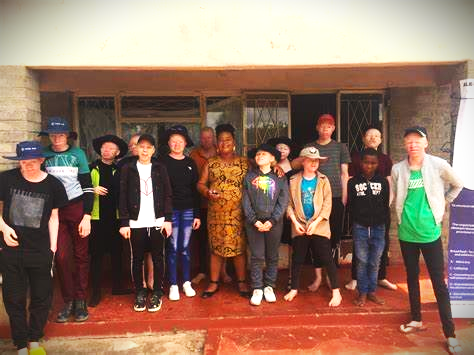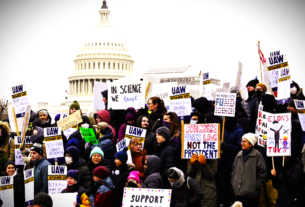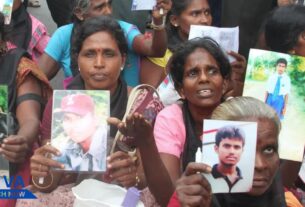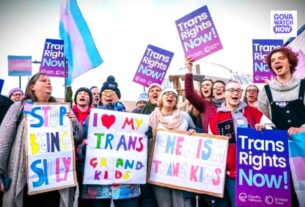Katherine Emeagwali didn’t plan to become a mother to dozens. But on a humid evening in Abuja, Nigeria, her arms became the only sanctuary for a newborn girl abandoned beneath a bridge. Barely alive, the child’s tiny body bore bruises and dirt, her first hours marked by suffering no baby should endure.
“My arms were her home now,” Emeagwali said.
That fragile child would become one of many whom Emeagwali has saved and loved at Mother Theresa Children’s Home, a private Christian orphanage she has managed for nearly a decade. Located in a quiet Abuja suburb, the orphanage is more than a shelter; it is a defiant act of compassion in a nation overwhelmed by an orphan crisis.
Nigeria has 17.5 million orphans second only to India. Despite the staggering need, the country has only 278 recognized orphanages. Mother Theresa’s, founded by Emeagwali’s mother in 2007, is one of the few places offering more than a bed. It offers family.
Inside the modest two-story building, 11 children from toddlers to teenagers find safety, schooling, and a sense of belonging. Their journeys here are marked by trauma: some were found in the bush, others left at the gate, and still others rescued from human traffickers.
Each child is a chapter in Nigeria’s complex story of abandonment, resilience, and hope.
A System in Crisis
In February 2024 alone, the National Human Rights Commission recorded 339 cases of child abandonment, one of the highest monthly totals in the nation’s history. Behind the numbers lie a tangle of causes: poverty, high maternal mortality rates, ongoing conflict, and teenage pregnancies.
Emeagwali works closely with the Abuja child welfare department to facilitate both domestic and international adoptions. Since taking charge of the orphanage in 2016, she has seen 60 children adopted. Yet adoption, she admits, is both a goal and a battleground.
Though affordable for Nigerian citizens, legal adoption remains rarely hindered by cultural stigmas and government red tape. Worse, the lack of oversight and transparency has allowed abuse and corruption to fester. Fraudulent practices, illegal baby trafficking, and coercion have plagued Nigeria’s adoption system. In 2023, the U.S. State Department issued a warning about adopting from Nigeria due to these issues.
“The process is broken,” Emeagwali said. “It fails both the children and the families.”
She recalled one case where a desperate woman paid an illegal broker over 2 million naira for a child who never arrived. In other cases, adoptive families have mistreated or even abused the children they took in, exploiting the lack of follow-up checks by government agencies.
Cultural Shadows and Legal Gaps
Beyond the bureaucracy, cultural beliefs cast a long shadow. In some Nigerian communities, adopted children are seen as outsiders bearers of misfortune, even accused of witchcraft. Without strong societal support and legal protections, adoption often feels like an act of defiance rather than love.
In December 2021, the Institute for Human Rights and Development in Africa (IHRDA) sued the Nigerian government for failing to protect adopted children. The case highlighted the urgent need for reform both legal and social.
Emeagwali has responded with action. She’s proposed new vetting protocols and advocated for more social workers to monitor adoptive homes. She dreams of a system where churches partner with orphanages to run adoption seminars, spaces where adoptive families can mentor others and share their experiences.
“By this way, we can weed out bad adoptions and make every adoption story a success,” she said.
Beauty in Redemption
One of those success stories lies in the child Emeagwali found beneath the bridge in 2018.
Doctors discovered the baby was HIV-positive. But through careful feeding, medication, and unwavering care, the child’s health improved. Her HIV status turned negative within months. On her first birthday, she was adopted by a Christian family.
“Adoption is beautiful when done for the right reasons,” Emeagwali said, “but devastating when done for the wrong ones.”
In a country where millions of children await a future that may never arrive, Emeagwali has become a rare constant, a woman refusing to look away. Her orphanage may house only a dozen at a time, but for each child, it is the world. It is safe. It is love.
In her arms, discarded children find not just a home but the beginning of a new story.




